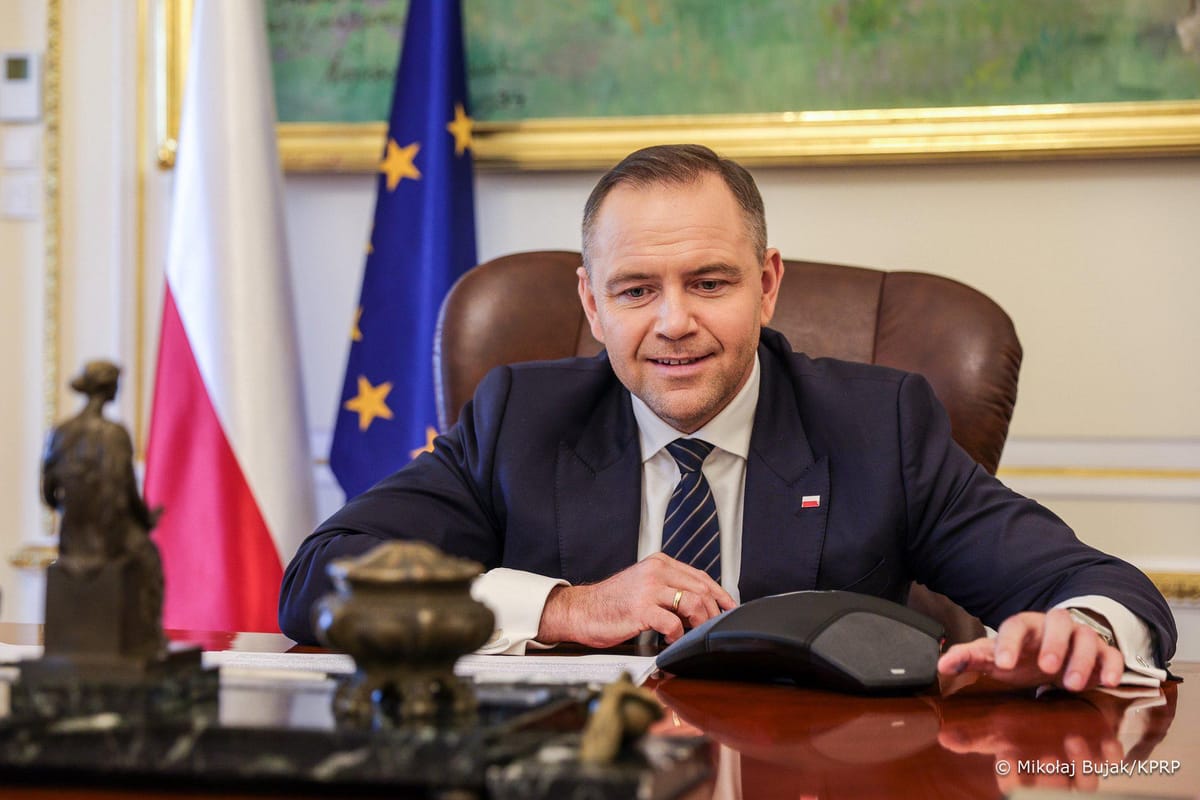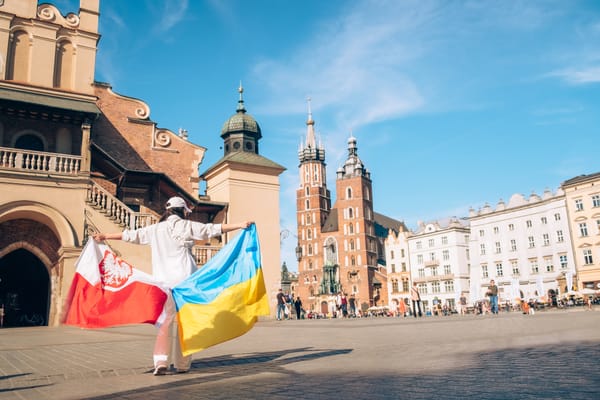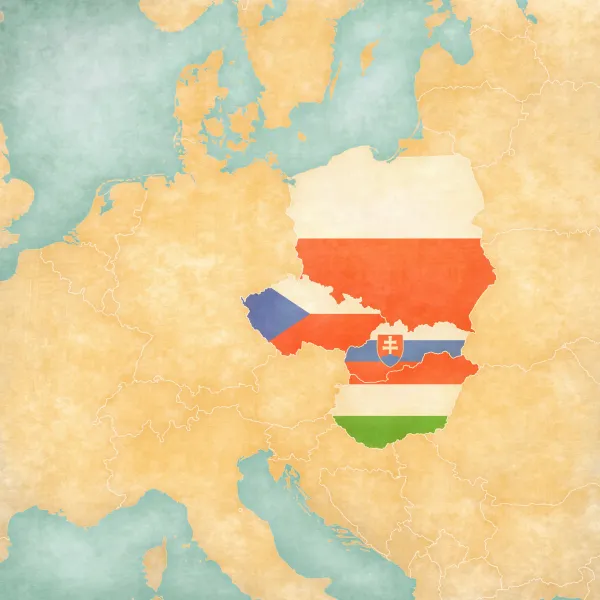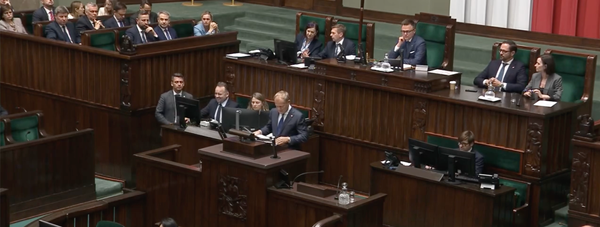
Polish domestic stand-offs threaten role as EU player
Polish President Karol Nawrocki on 21 August vetoed a flagship government bill for the first time since securing the Polish presidency. Nawrocki's move evinces that he will continue the obstructionist methods of his predecessor Andrzej Duda, who was also backed by the right-wing nationalist Law and Justice party (PiS).
The proposed legislation combines an extension of electricity price caps to the deregulation of onshore wind farms. Nawrocki backed the electricity price freeze but rejected the “blackmail” of linking it to wind farm deregulation. He wrote on social media that he has already signed 21 bills beneficial to Poland, but vetoed the one that is "the input of foreign lobbyists".
The Polish head of state said he will resubmit the freeze as a standalone measure, forcing Prime Minister Donald Tusk’s Civic Coalition (KO) government to either separate the reforms into two bills or seek a veto override from MPs.
Nawrocki’s rejection of the dual-purpose bill left Tusk’s cabinet without its flagship energy compromise, highlighting the enduring capacity of PiS-aligned institutions to frustrate the government’s reform agenda, Brussels-based news site Politico wrote.
Moreover, Poland’s retreat coincides with other Central and Eastern Europe (CEE) states stepping into this vacuum, analysts said, as Nawrocki’s veto could be a symptom of a broader strategic withdrawal.
Confrontation frustrates international role
A vocal advocate of Ukraine’s post-war settlement, Poland now risks sidelining itself amid clashes between Nawrocki and Tusk, and the country was conspicuous by its absence from recent US-led peace discussions, local media commented.
Having spent big on defence with a long-term perspective, Poland's recently growing role as a European player is at risk from political infighting, resource strain, and public fatigue, analysts said.
Moreover, Poland's dwindling military stockpiles are also undercutting its effectiveness as a Ukraine ally. The Kyiv Independent wrote that “Poland’s foreign policy is used for domestic political purposes… it is no longer as reliable and important a partner for Ukraine as it once was”.
Poland’s absence from recent US-led peace discussions underscored this inward drift. Nawrocki and government ministers sought to deflect criticism over the no-show, but scepticism deepened about Poland’s reliability in the diplomatic process. Unless Warsaw bridges the divide between its president and prime minister, its influence will continue to erode.



